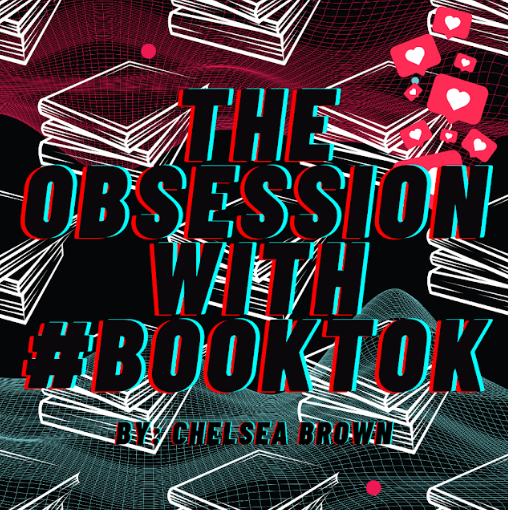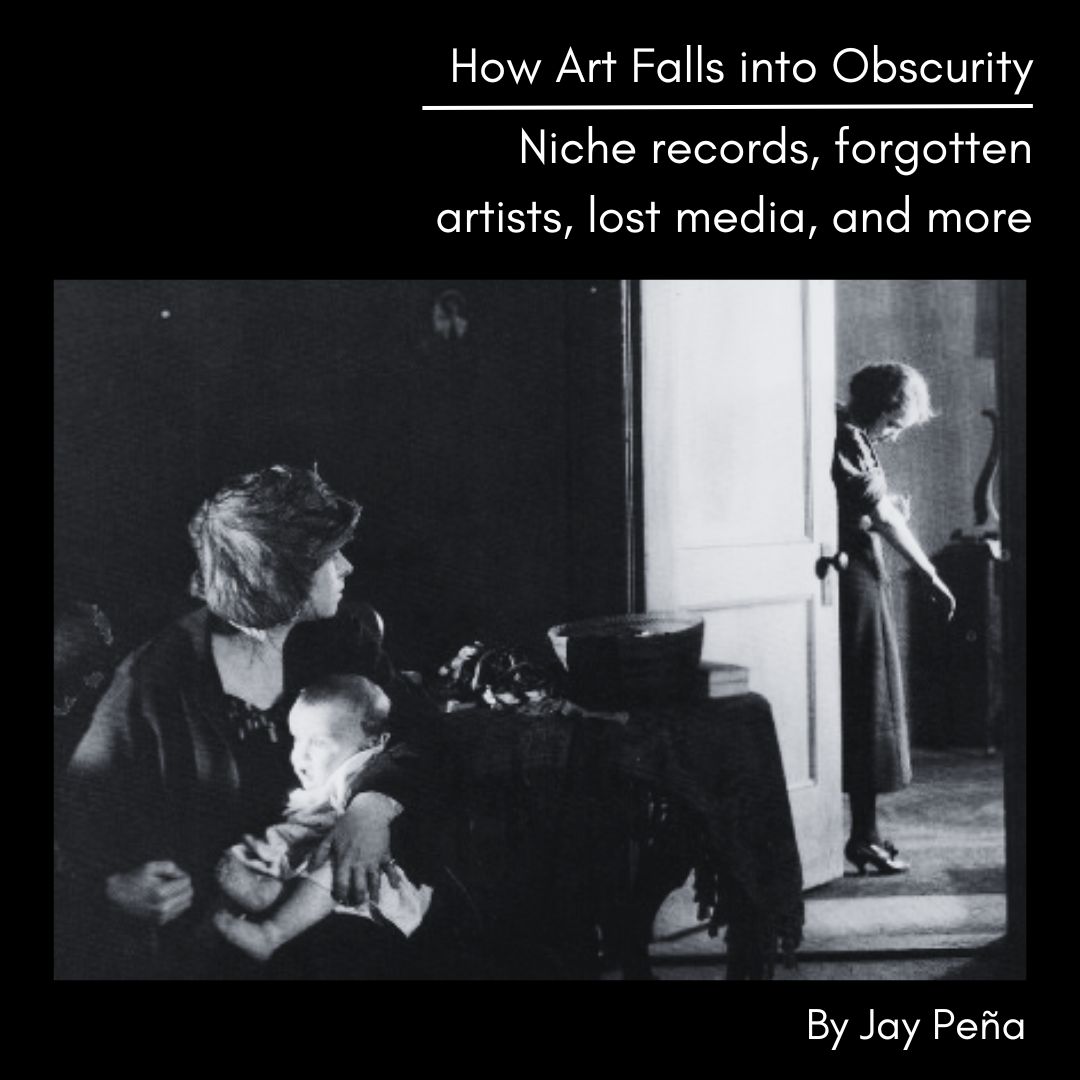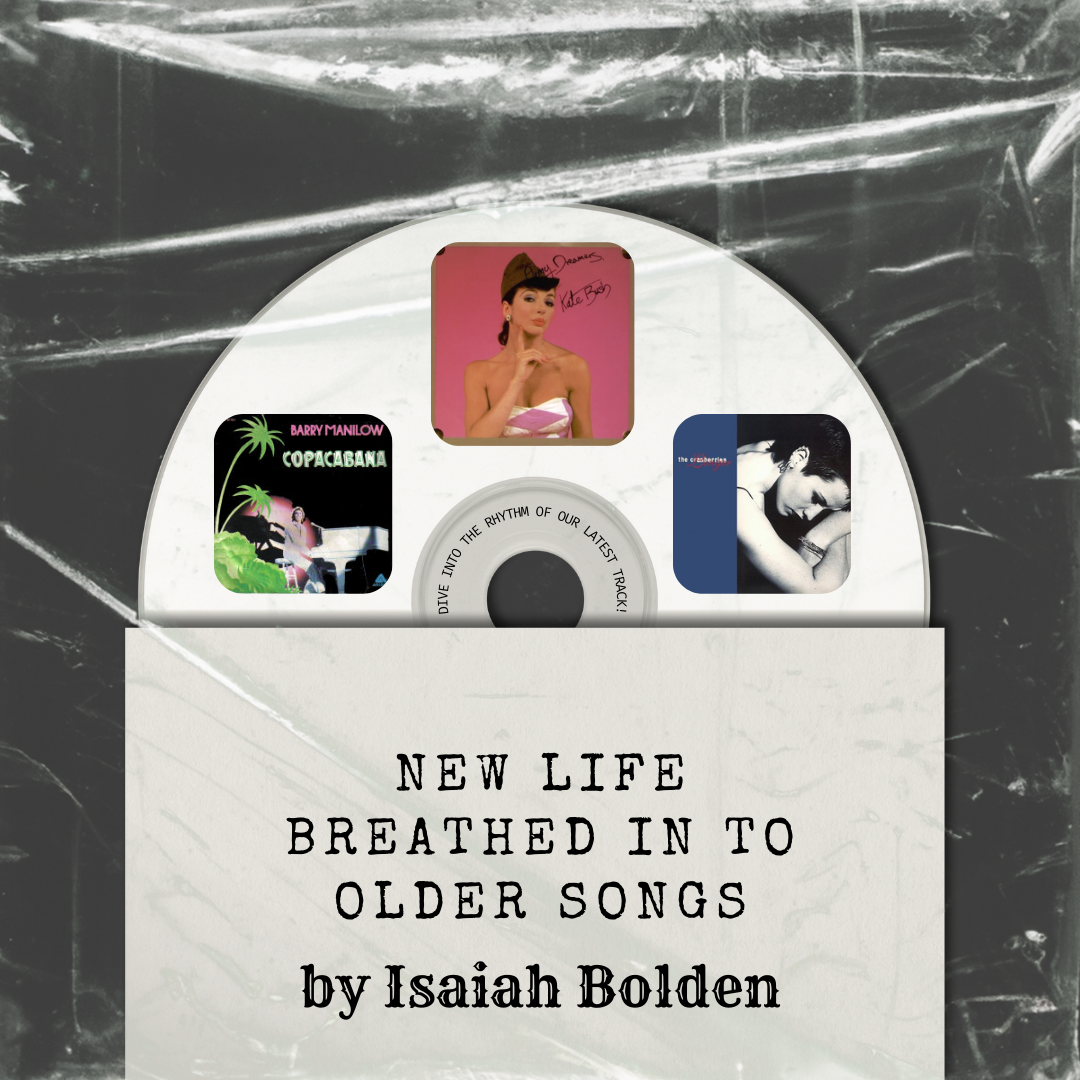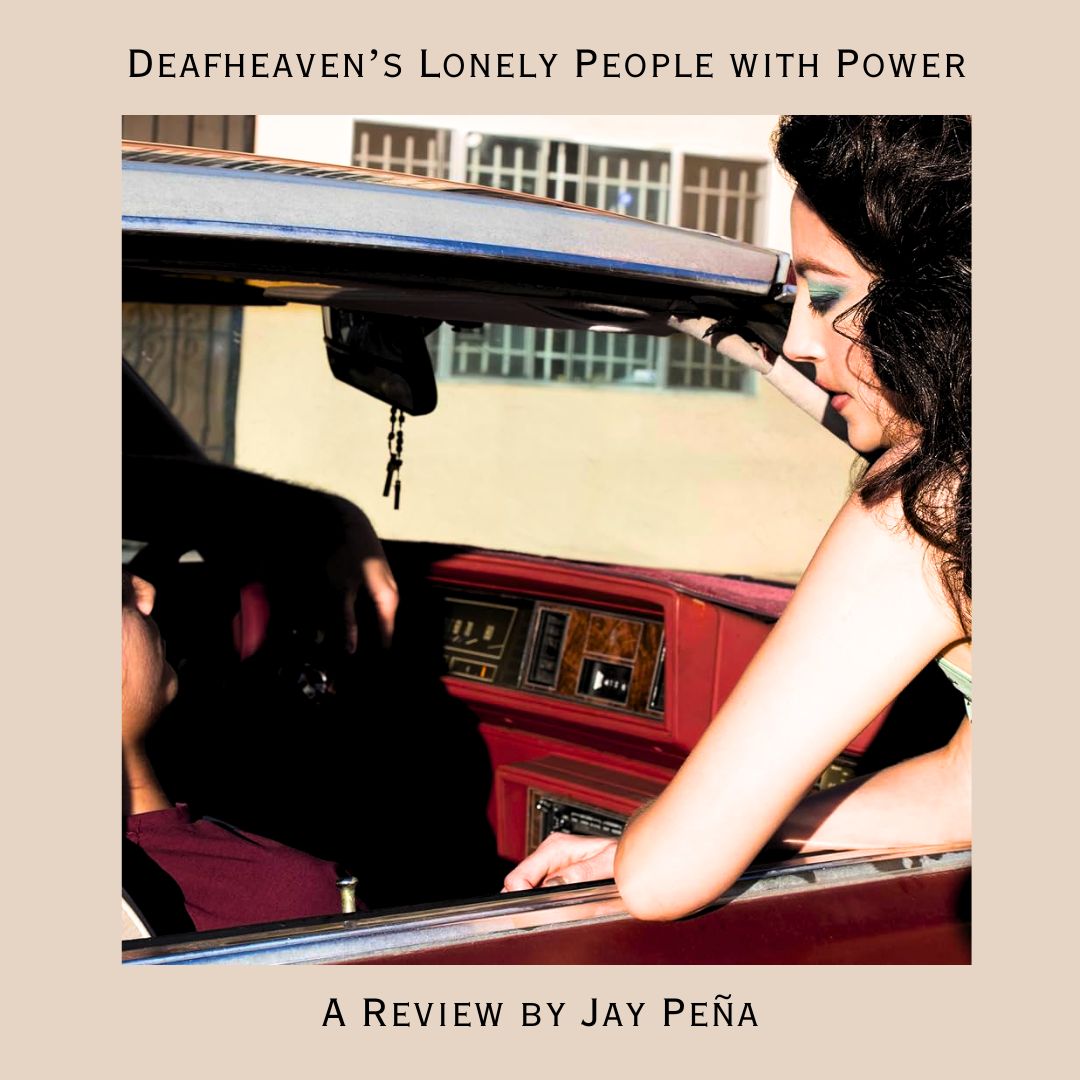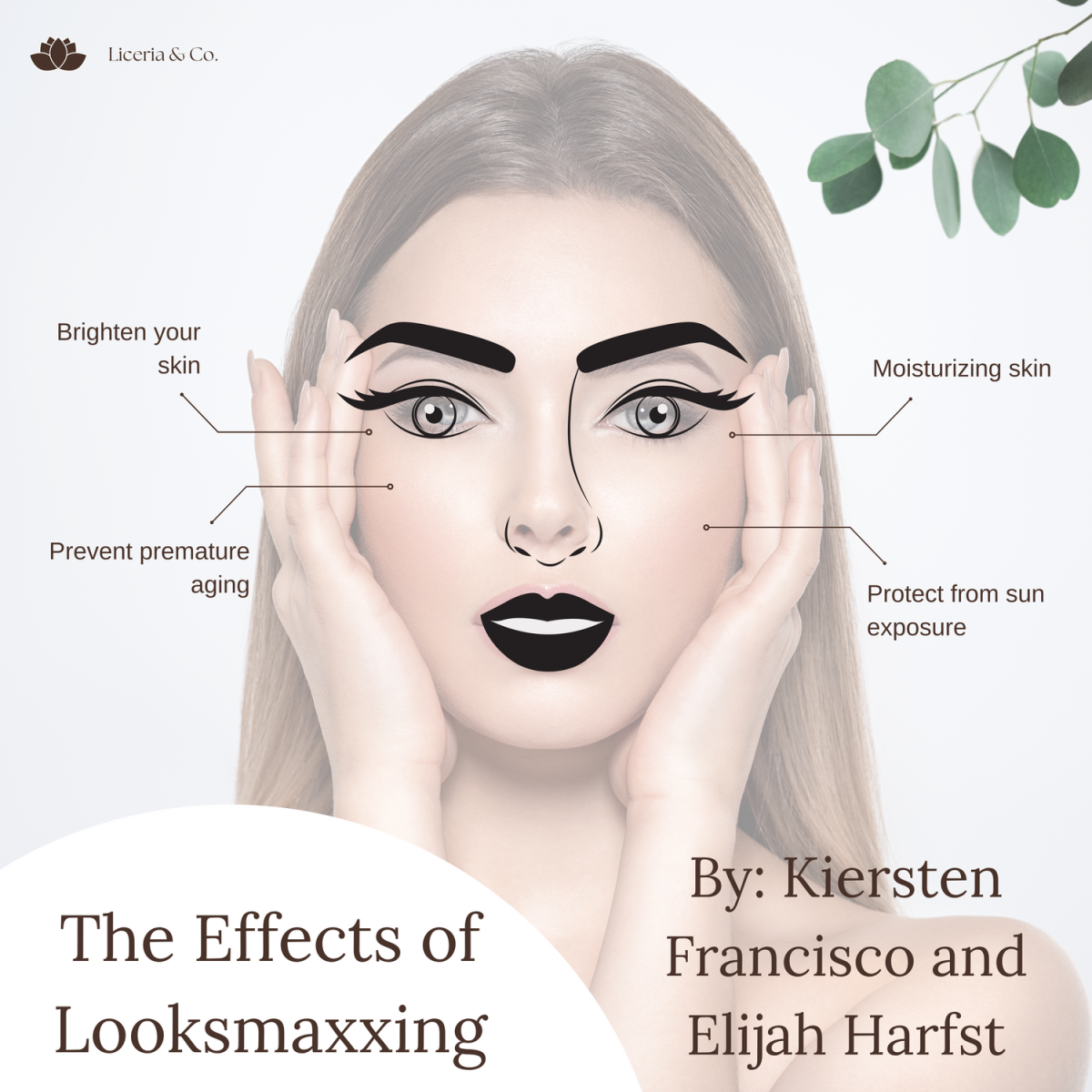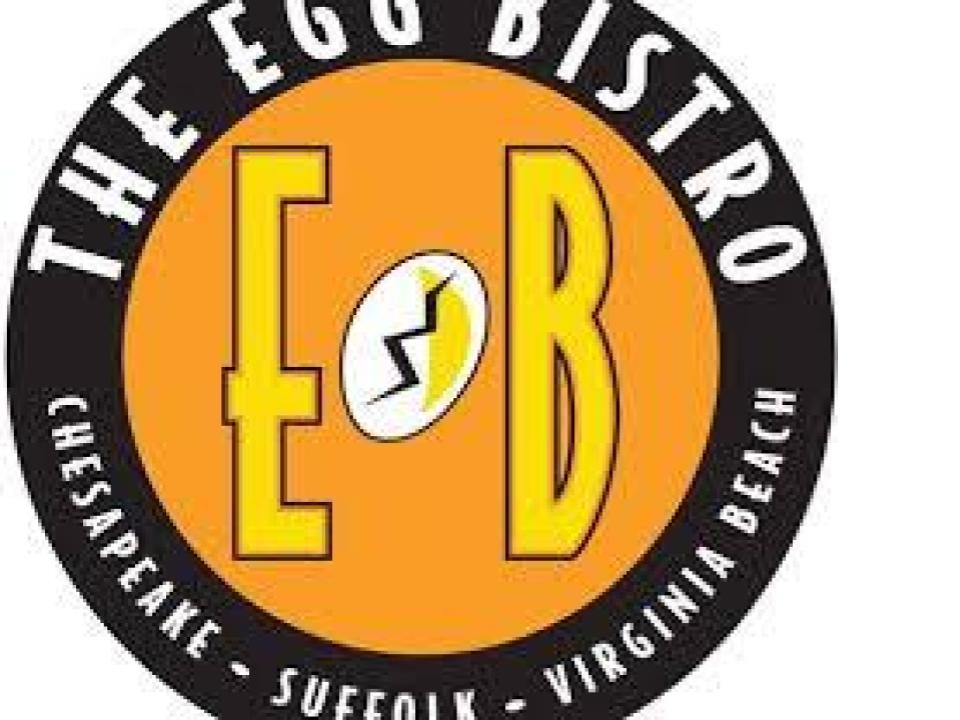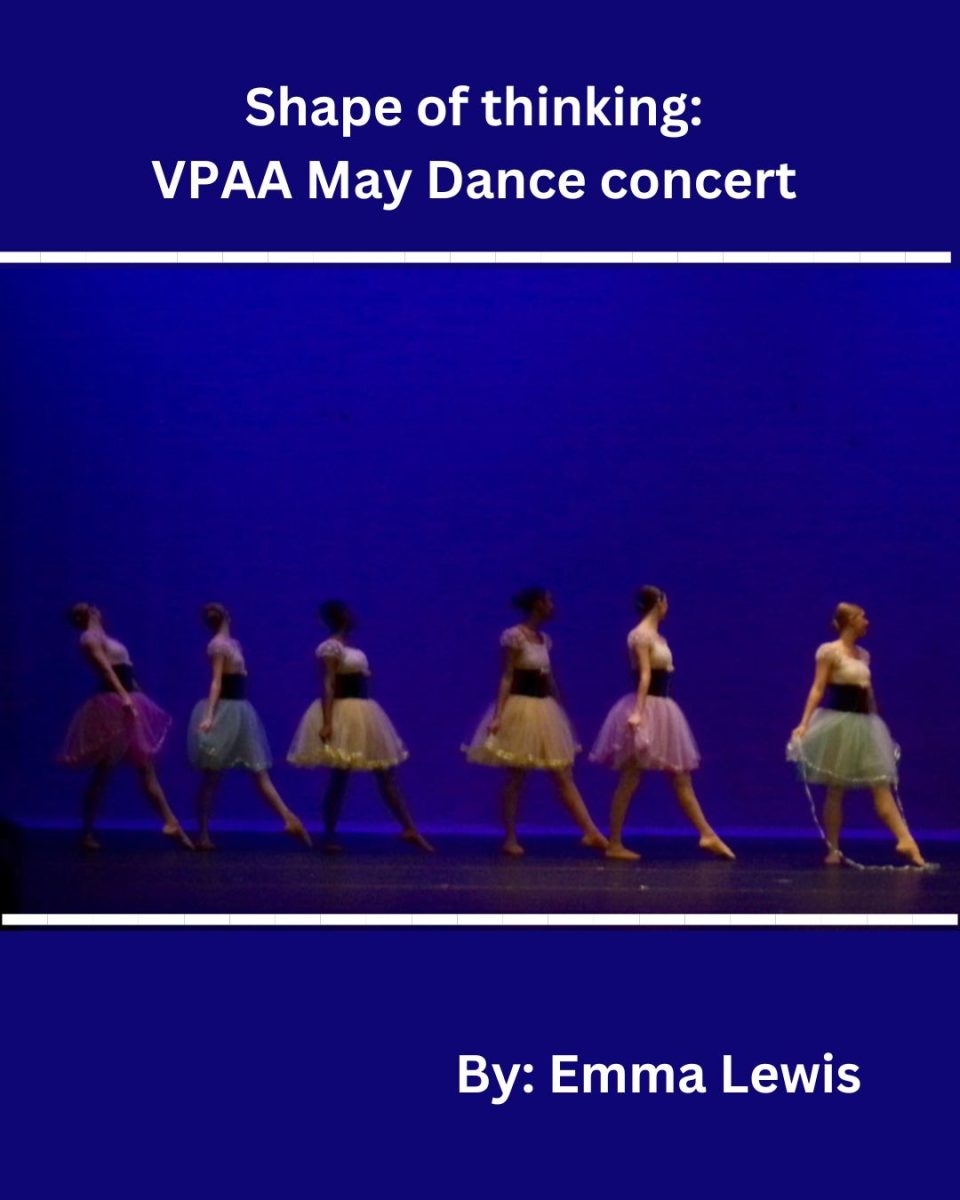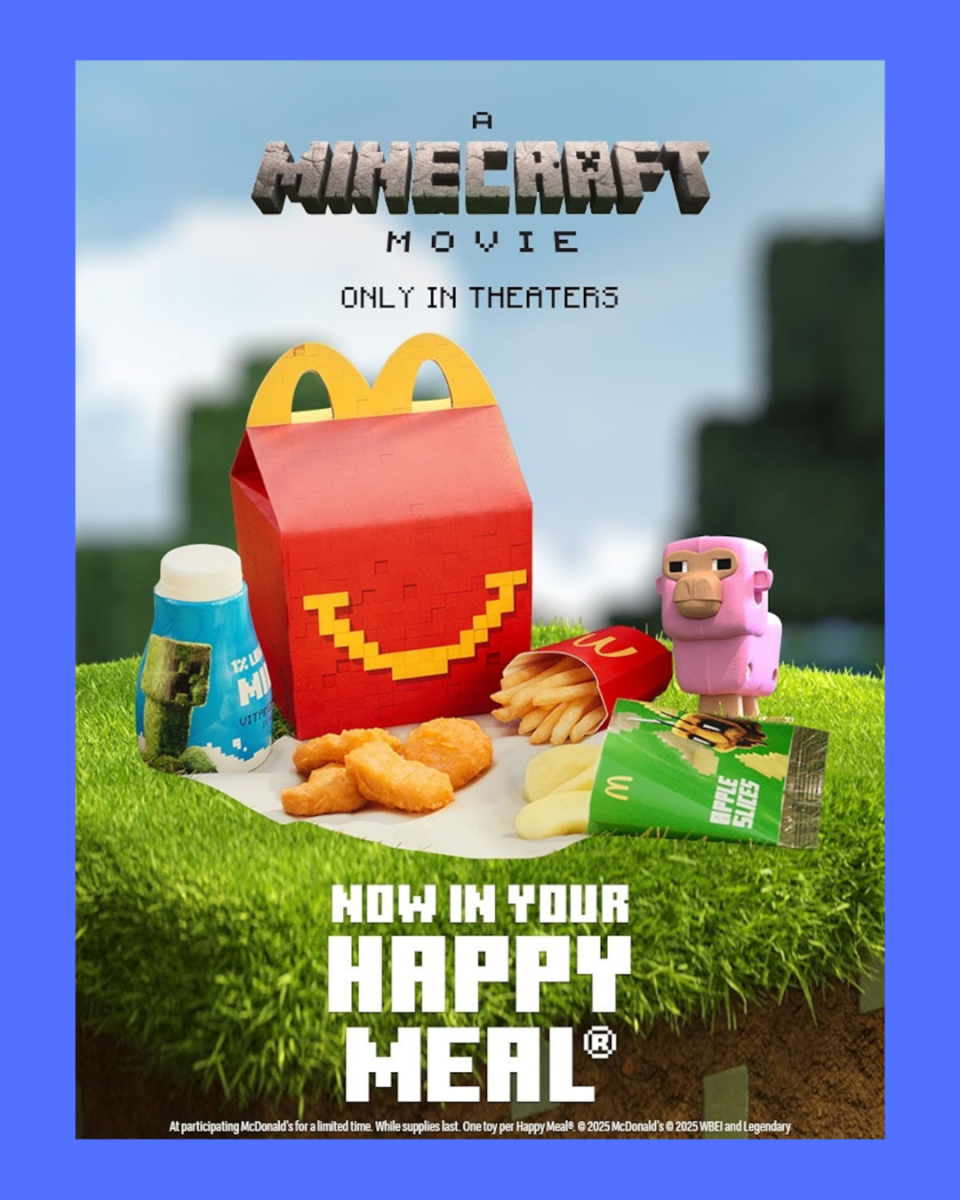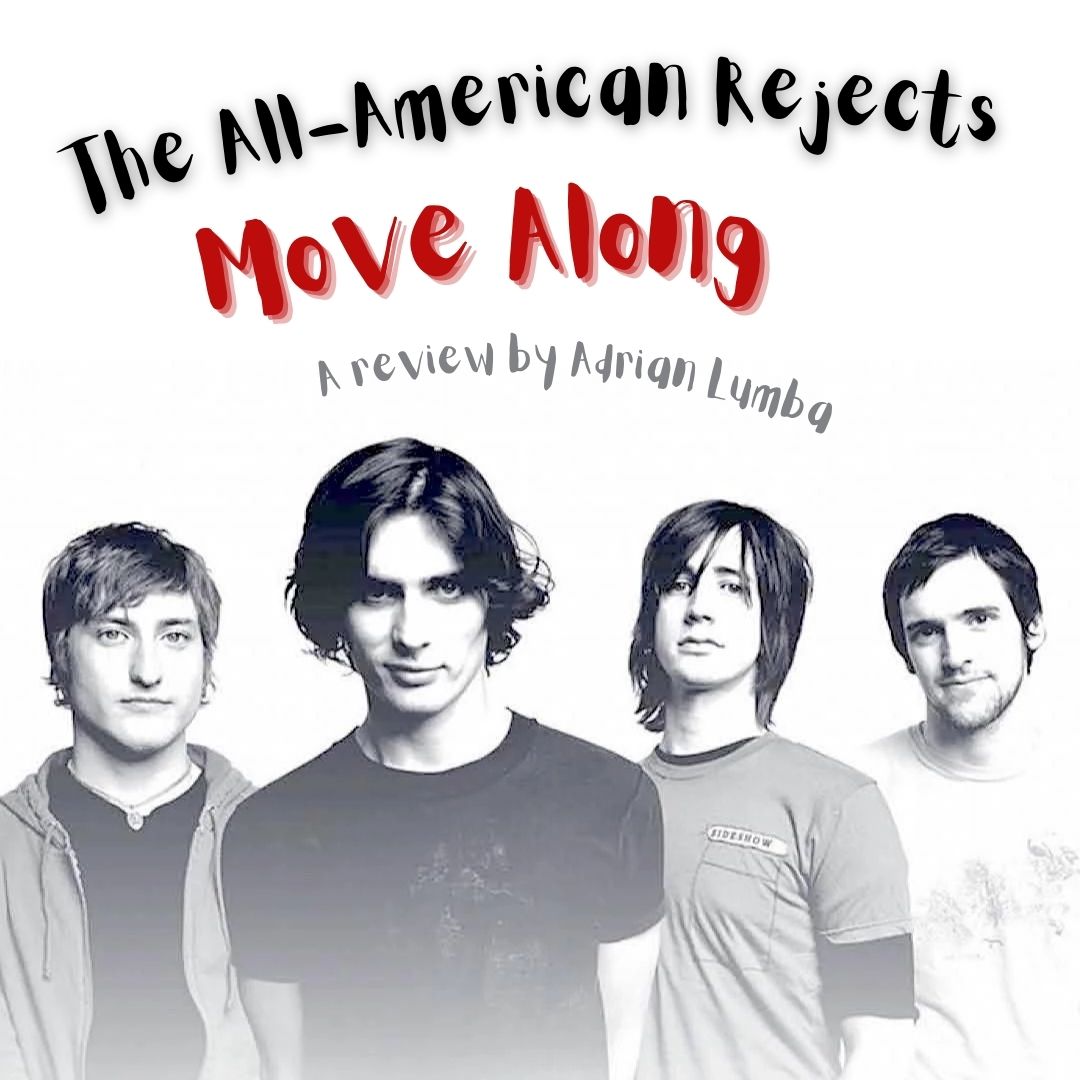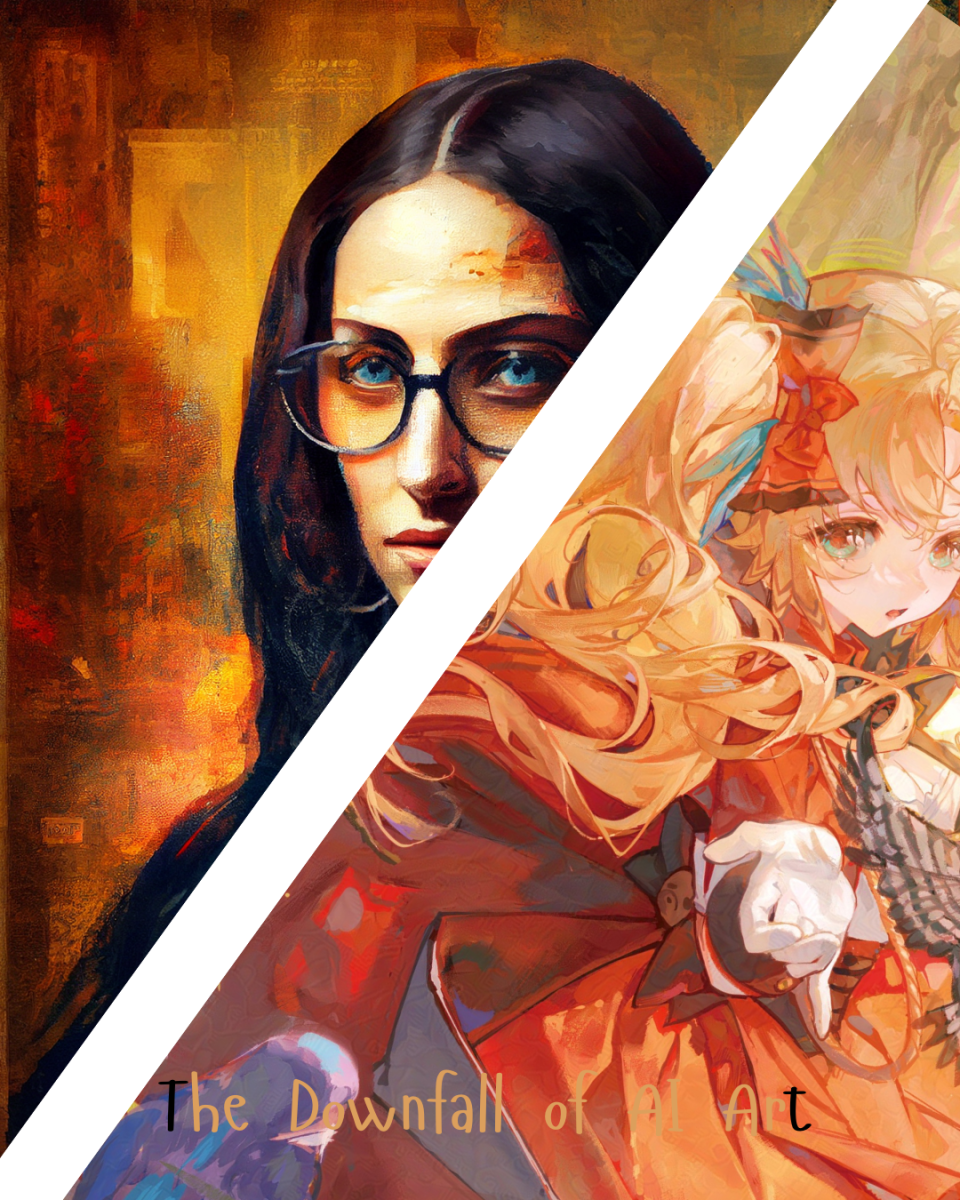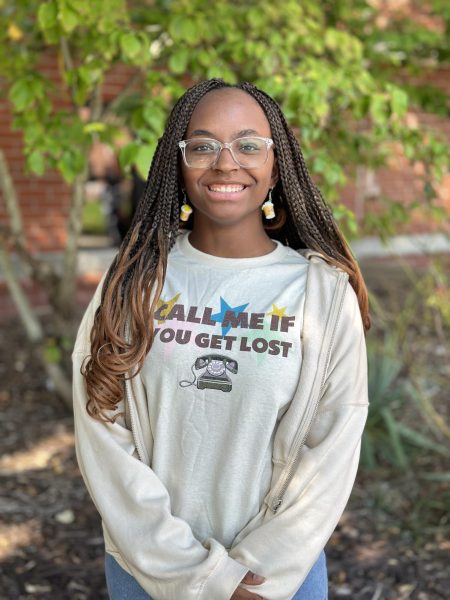During quarantine, a trend emerged that grabbed readers’ attention while everyone was stuck at home and bored out of their minds. Creators began posting book recommendation videos and aesthetics about their favorite books. It became a full community and BookTok books started to blow up.
What I mean by BookTok books is the general branding of those explosively popular books that contribute much of their current success to TikTok. Many of us know these books: The Seven Husbands of Evelyn Hugo, the ACOTAR (A Court of Thorns and Roses) series, Colleen Hoover novels, and anything you would see at your local Barnes and Noble on a table labeled BookTok.
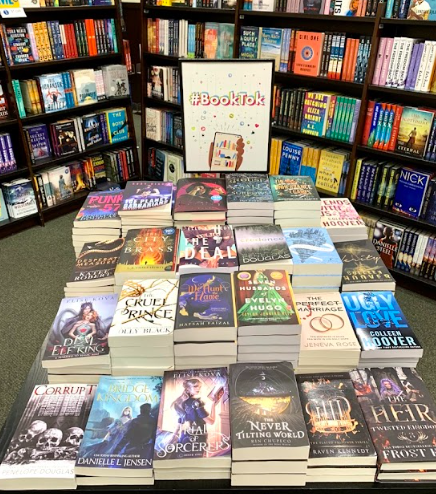
Many people aren’t willing to go outside their bubble and seek out well-written diverse stories, leading to uncritical consumption and promotion of some rather bad books. However, not all BookTok books are bad; I have also received good recommendations from BookTok. For example: The Silent Patient by Alex Michaelides, Sometimes I Lie by Alice Feeny, and The Downstairs Girl by Stacey Lee.
I am not disparaging BookTok as a whole; it is multifaceted. It is still a place to discover new books, to find community with those who share similar interests, and to see books that deserve praise and success. Even so, a lot is going wrong. TikTok is a churning machine of consumption and BookTok is no exception. A lot of content revolves around the consumption of books, and ownership rather than readership.
“Why do [people] have 50 different covers of the same book?” said sophomore Tierra Adams.
On the platform, you can see people doing book hauls, shopping sprees, and constantly promoting the newest release over and over. This makes me wonder just how many of these people have actually read the bucket-full of books they have lying around their homes, or are these so-called “readers” actually letting their paperweights rot away on their shelves?
Rhiannon Lucy Coslet, columnist for the Guardian states on her website that “Some people treat having a lot of books as a stand-in for their personality, or believing that simply owning a lot of books makes one ‘know things.’”
I am not criticizing BookTok as anti-intellectual; however, I will always be a critic. I think it’s a crucial element of being informed, yet as more and more people critique popular books, a common response is, “Can’t we just let people enjoy things?” I believe critical thinking should be encouraged not discouraged. Being a critic leads to higher quality things being produced instead of endless corporatized garbage.
I believe what we should be doing is supporting our local libraries. Instead of buying books, get a library card, borrow a book, read it, and then decide if you want it on your shelf or not.
